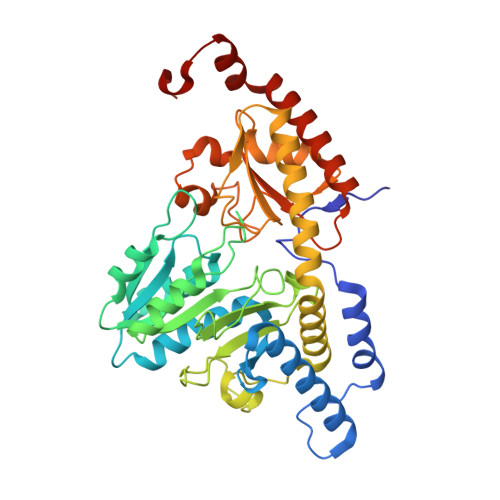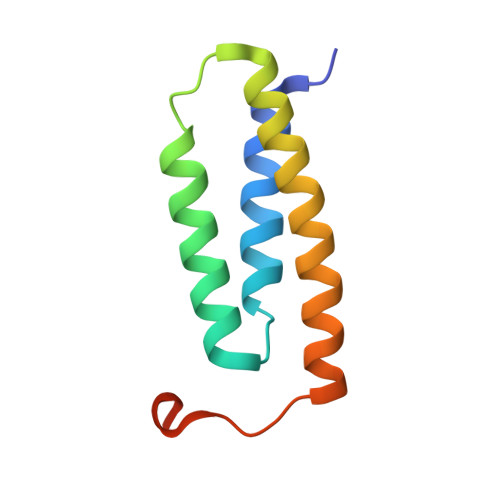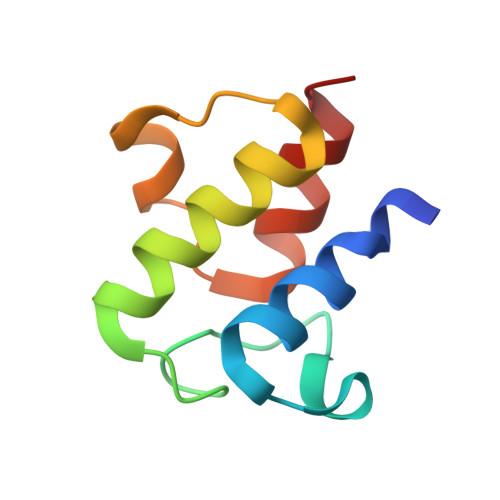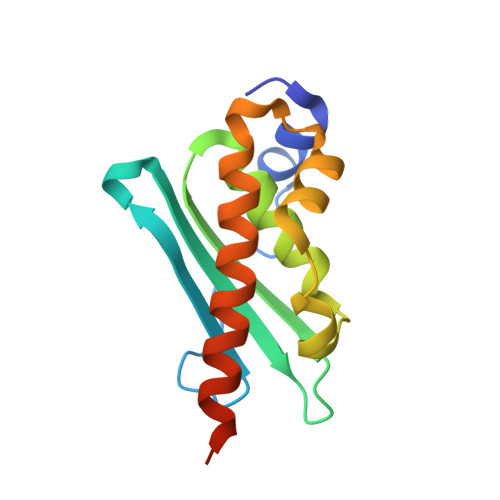D-cysteine impairs tumour growth by inhibiting cysteine desulfurase NFS1.
Zangari, J., Stehling, O., Freibert, S.A., Bhattacharya, K., Rouaud, F., Serre-Beinier, V., Maundrell, K., Montessuit, S., Ferre, S.M., Vartholomaiou, E., Schulz, V., Zuhra, K., Gonzalez-Ruiz, V., Hanschke, S., Tsukamoto, T., Cerezo, M., Szabo, C., Rudaz, S., Boniecki, M.T., Cygler, M., Lill, R., Martinou, J.C.(2025) Nat Metab
- PubMed: 40797101
- DOI: https://doi.org/10.1038/s42255-025-01339-1
- Primary Citation of Related Structures:
8TVT - PubMed Abstract:
Selective targeting of cancer cells is a major challenge for cancer therapy. Many cancer cells overexpress the cystine/glutamate antiporter xCT/CD98, an L-cystine transport system that strengthens antioxidant defences, thereby promoting tumour survival and progression. Here, we show that the D-enantiomer of cysteine (D-Cys) is selectively imported into xCT/CD98-overexpressing cancer cell lines and impairs their proliferation, particularly under high oxygen concentrations. Intracellular D-Cys specifically inhibits the mitochondrial cysteine desulfurase NFS1, a key enzyme of cellular iron-sulfur protein biogenesis, by blocking sulfur mobilization due to steric constraints. NFS1 inhibition by D-Cys affects all cellular iron-sulfur cluster-dependent functions, including mitochondrial respiration, nucleotide metabolism and maintenance of genome integrity, leading to decreased oxygen consumption, DNA damage and cell cycle arrest. D-Cys administration diminishes tumour growth of human triple-negative breast cancer cells implanted orthotopically into the mouse mammary gland. Hence, D-Cys could represent a simple therapy to selectively target those forms of cancer characterized by overexpression of xCT/CD98.
- Department of Molecular and Cellular Biology, Faculty of Sciences, University of Geneva, Geneva, Switzerland.
Organizational Affiliation:
































